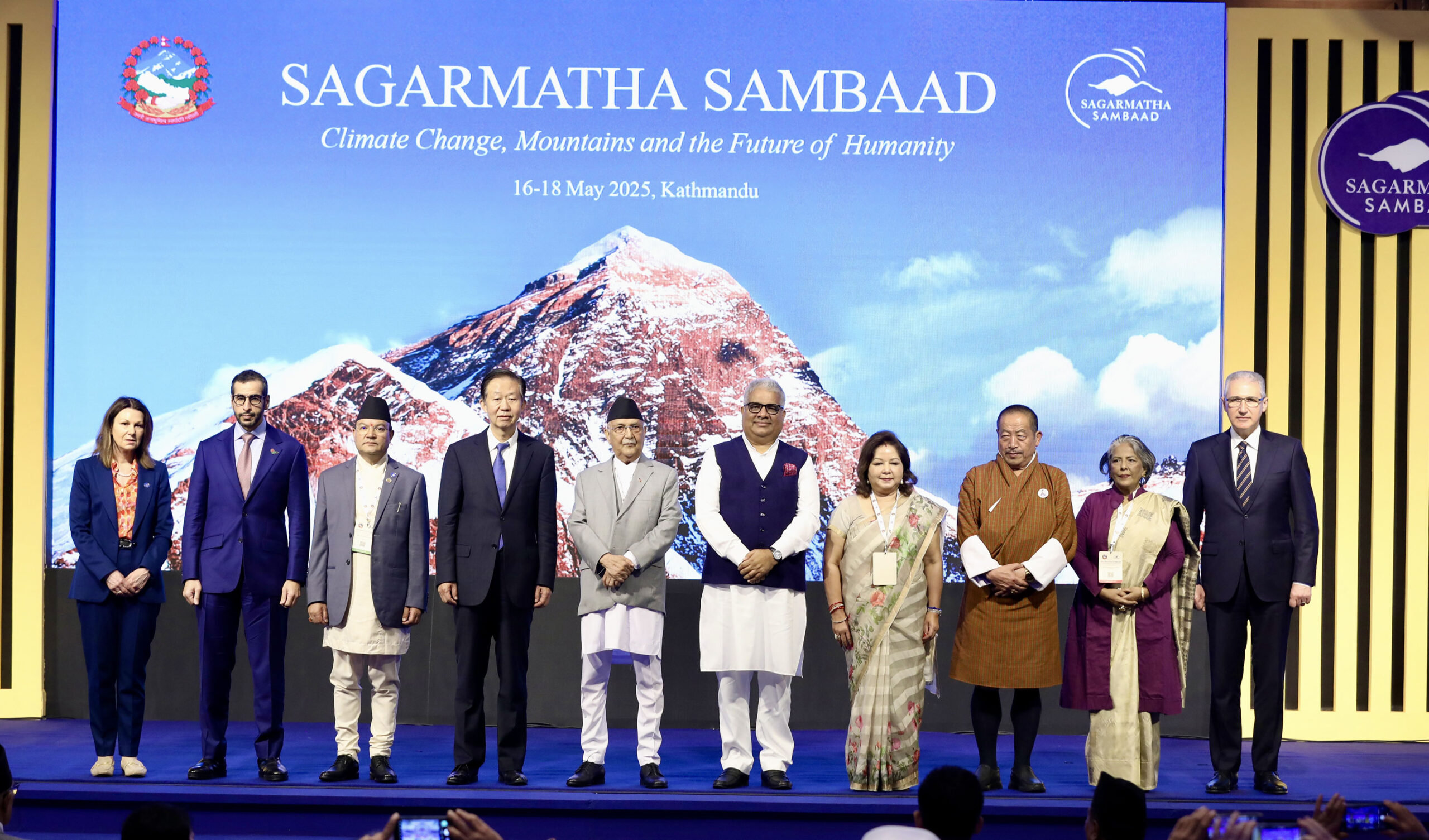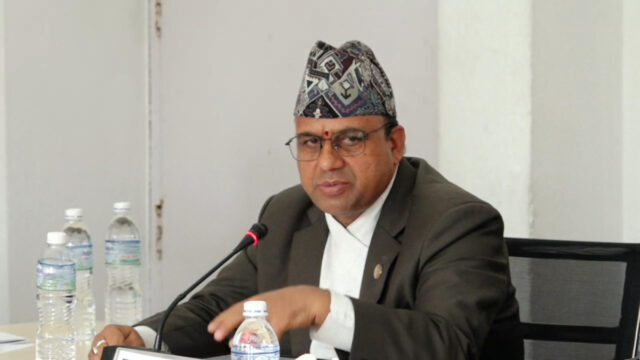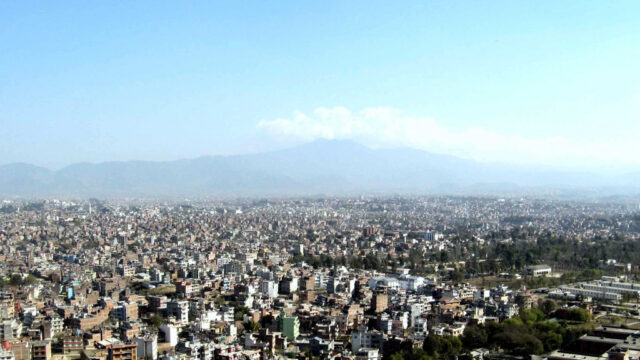With the successful conclusion of the inaugural Sagarmatha Dialogue, the Nepali government released a 25-point “Sagarmatha Call for Action.” On May 15, 2025, the dialogue’s first edition, with the theme “Climate Change, Mountains, and the Future of Humanity,” got underway. By keeping the average global temperature increase to 1.5 degrees Celsius over pre-industrial levels, the Sagarmatha Call for Action reaffirmed the urgent need to fortify partnerships in order to secure a sustainable future.
Sagarmatha Dialogue
It called for greater international financial support and mobilization for climate action, especially for developing and vulnerable countries, and stressed the importance of encouraging nations to create and carry out national adaptation plans that are suited to their unique needs.
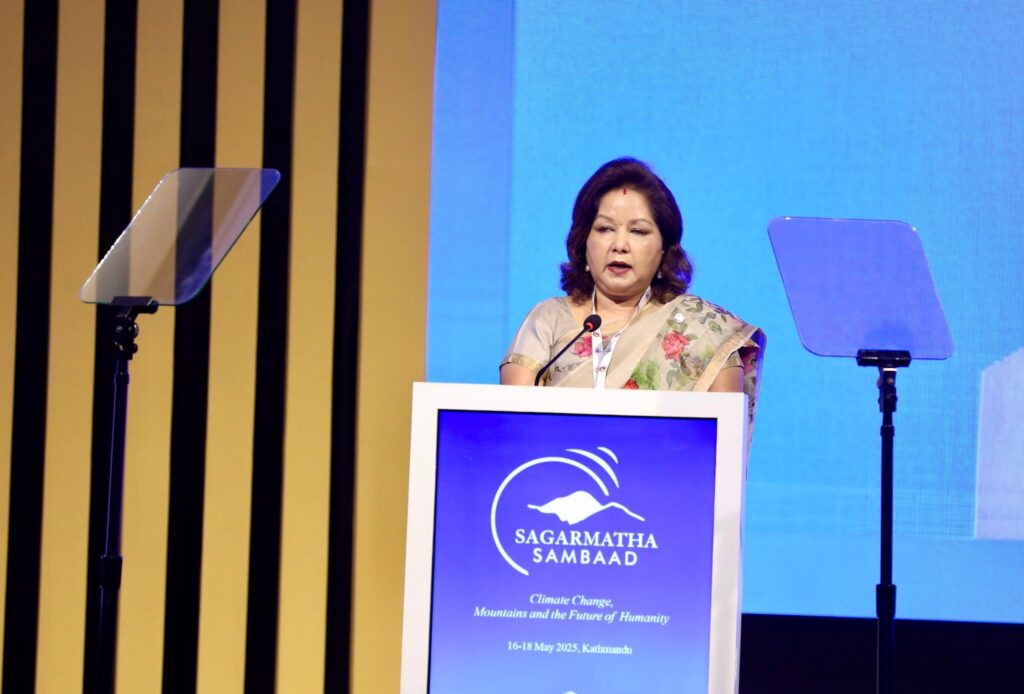
Particularly for developing and climate-vulnerable countries, the dialogue called for coordinated efforts to guarantee equitable and straightforward access to bilateral, multilateral, and alternative sources of international climate finance mechanisms, such as UNFCCC and Paris Agreement funds.
It was emphasized that the creation of special funds for the development of mountain nations and the mobilization of focused financial resources for climate action and sustainable development in mountainous areas are important. Using current and creative funding sources, priority should be given to identifying, valuing, and compensating mountain ecosystem services.
Enhancing the roles of private sector finance and carbon markets in advancing sustainable climate action, facilitating access to climate-friendly technologies, and fortifying regional and international collaborations for capacity building were also highlighted in the Call for Action.
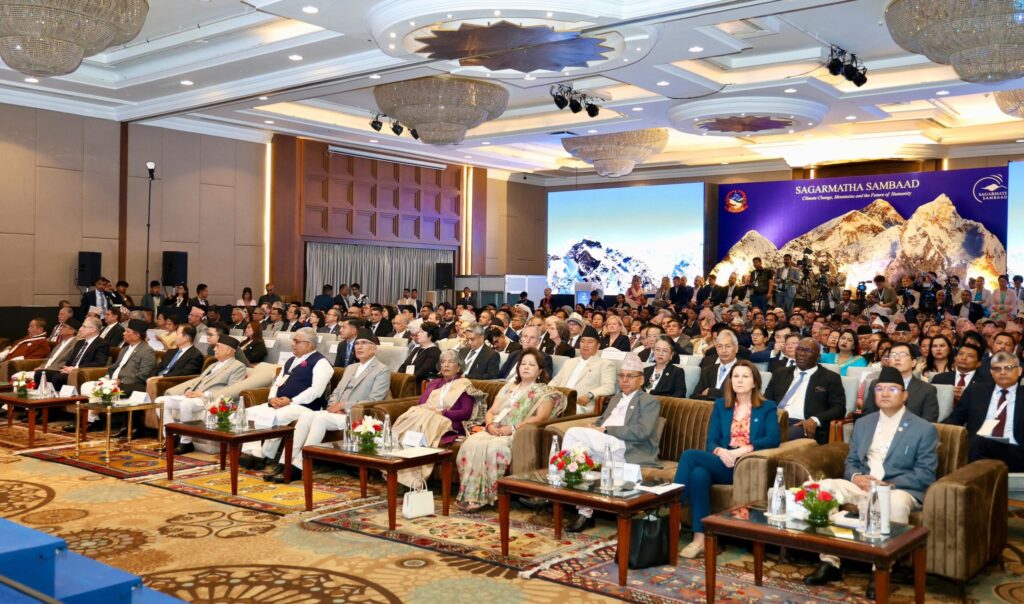
In both rural and urban communities, it acknowledged the significance of advancing inclusive, resilient, and green development infrastructure at all levels. It highlighted how important clean energy, energy efficiency, and just energy transitions are, as well as how green, circular, and bioeconomies will power the future.
In order to combat climate-related disasters and preserve glaciers, water supplies, forests, and agricultural systems, the discussion advocated for the advancement of science, technology, and innovation-based solutions.
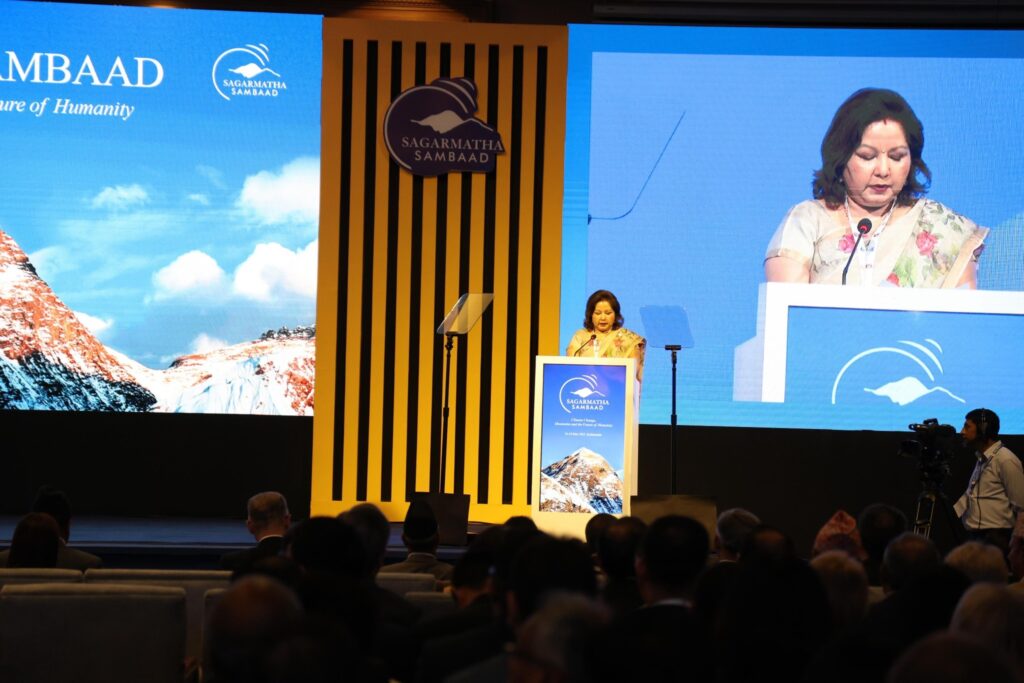
The “triple planetary crisis” of regional climate, monsoon, cryosphere, and public health impacts must be addressed, according to the Call for Action. Special attention should be paid to short-lived climate pollutants, and discussions on mountain and climate change agendas should be encouraged. It recognized the need to improve data systems, guarantee data exchange and compatibility, and create early warning and climate attribution systems that are suited to the requirements of developing nations.
In order to promote intergenerational and gender equity, it called for inclusive climate actions in which women, children, youth, people with disabilities, and senior citizens would all actively participate. The dialogue promoted the establishment of an international multi-stakeholder platform on mountains and climate change for discussion, empowerment, and innovation in order to elevate the voices of mountain communities in global climate processes.
The role of indigenous and local communities in climate policies, programs, and actions such as conservation and adaptation initiatives was acknowledged in the Call for Action. It placed a strong emphasis on creating payment systems for environmental services and implementing creative climate finance. The discussion focused on building knowledge centers, exchanging best practices, and strengthening local communities’ involvement in climate policy and action. It ended with a pledge to unite voices for urgent climate action from highlands to islands, mountains to seas.
